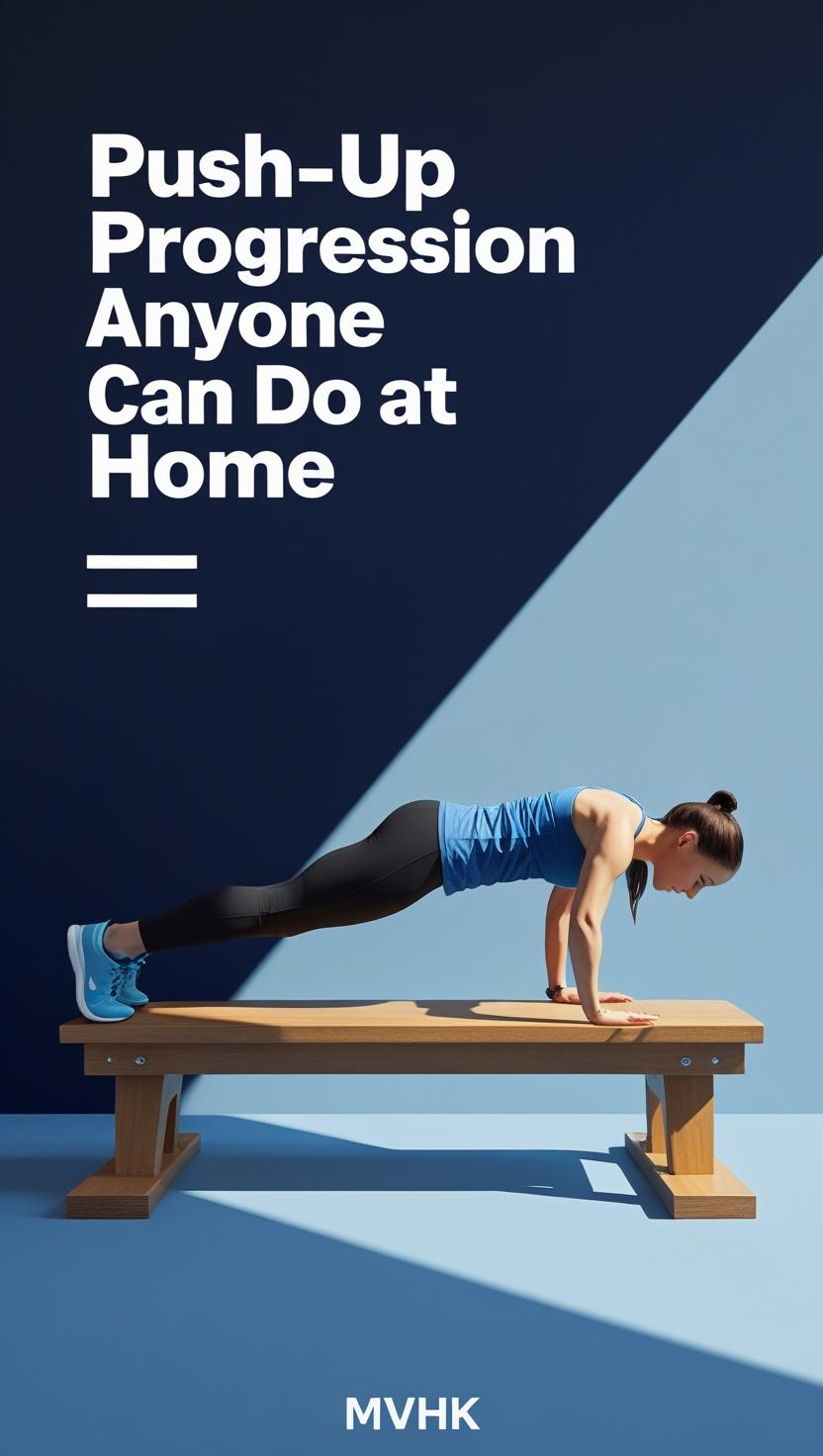Are Muscle-Building Supplements Fueling Muscle Dysmorphia in Young Adults?
Muscle-building supplements are often hailed as a safe and legal way to support strength training, recovery, and muscle mass gains. However, a recent Canadian study raises a critical question: Could these supplements be quietly fueling muscle dysmorphia in young adults?
1️⃣ What Is Muscle Dysmorphia—And Why Should Supplement Users Be Concerned?
Muscle dysmorphia is a form of body dysmorphic disorder (BDD) where individuals become obsessed with not being muscular enough, regardless of their actual physique.
Subtopic 1: Understanding the Disorder
Often referred to as “bigorexia,” muscle dysmorphia manifests as:
- An obsessive focus on gaining muscle mass
- Excessive time in the gym
- Avoidance of social situations due to perceived “smallness”
- Strict dietary/supplement regimens
- Functional impairment in work, school, or relationships
Subtopic 2: The Psychological Trigger in Supplements
The study published here (opens in new tab) found a significant association between muscle-building supplement use and:
- Elevated muscle dysmorphia symptomatology
- Higher Drive for Size
- Increased Functional Impairment
Curiously, users reported fewer symptoms of appearance dissatisfaction, indicating a deeper shift toward performance-focused obsession rather than appearance-based dissatisfaction.
2️⃣ Muscle-Building Supplements: Common, Legal… and Loosely Regulated
While these products are available at your local store, many consumers underestimate their reach and psychological impact.
Subtopic 1: What’s in the Stack?
The study referenced common products including:
- Whey protein powders
- Creatine monohydrate
- Pre-workout powders/drinks
- Amino acid blends
Usage rates in the study were staggering:
- 55–80% of adolescent boys and men used whey protein
- Over 50% reported using creatine monohydrate
- TGE (Transgender and Gender Expansive) youth also reported significant use
Subtopic 2: Multisupplement Use & Behavioral Risks
Many users stack multiple supplements. This poly-use pattern was linked to:
- Higher psychological stress
- Increased risk of anabolic steroid consideration
- Alcohol misuse
- Even criminal behavior, as seen in related U.S. studies
3️⃣ The Muscle Ideal and Its Mental Health Toll
Cultural and fitness norms emphasize lean, muscular bodies—especially among young men. This “ideal” is reinforced by fitness marketing, social media, and supplement branding.
Subtopic 1: Drive for Size vs. Functional Impairment
Two major domains of muscle dysmorphia stood out:
- Drive for Size: Relentless desire to get bigger, often overshadowing other goals.
- Functional Impairment: Gym routines and supplement cycles begin interfering with work, school, and personal relationships.
The paradox? These young adults aren’t necessarily unhappy with their appearance—they’re hooked on maximizing performance.
Subtopic 2: Who’s at Risk?
The demographic most at risk includes:
- Males aged 16–30
- TGE youth
- People training for competitive aesthetic sports (e.g., bodybuilding, CrossFit)
- Social media-driven fitness influencers or followers
📍 Conclusion: How to Get Started Today
You can support your fitness goals without sacrificing your mental health. Here’s how:
✅ Tips for Safe Supplement Use & Body Image Protection
- Track supplement use like you would medications.
- Check for early signs of obsession (anxiety if you miss a workout or dose).
- Talk to a health provider before starting new stacks.
- Follow certified trainers—not influencers—for science-backed advice.
- Diversify your fitness goals: performance, mobility, endurance, not just size.
- Cultivate body neutrality and mental resilience with mindfulness or therapy.
❓ FAQ Section
What is muscle dysmorphia?
A psychological disorder characterized by an obsessive belief that one is not muscular enough, often leading to compulsive behaviors and social impairment.
Can legal supplements cause mental health issues?
Yes. While not causal, studies have linked regular use of whey, creatine, and pre-workouts with symptoms of muscle dysmorphia and other psychological risks.
How do I know if my supplement use is unhealthy?
Warning signs include compulsive use, anxiety over skipped doses, prioritizing workouts over relationships or responsibilities, and persistent dissatisfaction despite progress.






